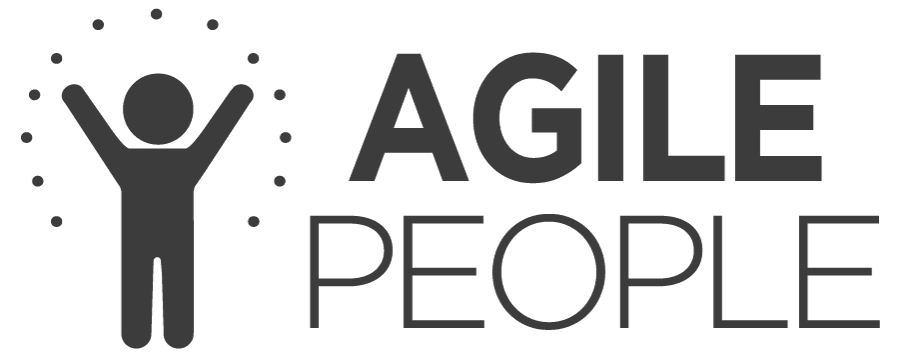The employment landscape is rapidly transforming, driven by technological advancements, shifting market dynamics, and evolving workforce expectations. Traditional talent strategies may no longer suffice in this dynamic environment, compelling employers to reimagine their recruitment methodologies to maintain a competitive edge.
Understanding the Need for Skills
As the demand for skills grows, companies are shifting away from replicating job descriptions and, instead, posing a critical question: “What skills do we need for the future?” While the conventional approach has favored candidates with specific industry experience and well-defined educational backgrounds, it’s worth noting that this mindset might unintentionally limit opportunities.
The common belief has been that if a candidate performed a role successfully in one organization, they would replicate the performance elsewhere. However, this mindset can hinder innovation and diversity. Allen Blue, the co-founder of LinkedIn, challenges this status quo by advocating for a skills-first approach, focusing on a candidate’s skill set rather than their job history. The question becomes, “What skills can you contribute, and how can we leverage them for collective success?” This shift signifies a move towards building teams based on skills as the foundation.
Addressing Skill Shortages
In the face of a growing skills shortage, with 87% of companies facing or expecting skills gaps, a change in perspective is imperative. By 2030, the demand for skilled workers is projected to surpass supply, intensifying talent scarcity. As a response, organizations are exploring innovative approaches to widen their talent pool and bridge the impending gap. (Source: McKinsey & Co., Korn Ferry)
The Power of a Skills-First Approach
Shifting the focus from the path to acquiring skills to the skills themselves expands the talent pool significantly. The essence of the skills-first approach lies in valuing potential and adaptability over rigid qualifications – it’s a mindset rather than just a hiring strategy. Michelle Sims, CEO of YUPRO Placement, emphasizes that the skills-first approach is more than a hiring strategy; it’s a mindset that drives inclusivity and adaptability.
Recognizing that skills cultivated through diverse journeys can often predict success more accurately than conventional resumes, this approach encourages organizations to unite individuals with varied backgrounds and talents. Rather than fixating on a rigid checklist of credentials, this methodology fosters a workforce that is both resilient and versatile.
Driving Diversity and Innovation
Traditional hiring practices may inadvertently reinforce biases and hinder diversity. By prioritizing skills over traditional qualifications, organizations create space for candidates from diverse backgrounds and experiences. This inclusion enriches the workforce with novel perspectives, ideas, and problem-solving approaches, nurturing a culture of creativity and innovation.
Emphasizing skills enables organizations to tap into a broader talent pool that defies traditional norms. This approach allows for the identification of candidates with unique skill sets that align directly with specific challenges or innovations within their respective industries. The convergence of diverse skills sparks creativity, fueling the development of innovative solutions and products.
“Embracing a skills-first mentality allows us to celebrate what makes each individual unique and valuable to the team,” says Sundar Picha, CEO at Google, which is one of many companies that removed degree-based application requirements for several roles and opened employment access to non-traditional applicants.
Enhancing Productivity and Flexibility
The skills-first approach fosters adaptability and lifelong learning. Candidates are selected not just for their existing skills but for their ability to acquire and apply new skills – an essential trait in an ever-evolving business landscape. This culture of continuous growth and learning cultivates an environment where experimentation and innovation are highly valued.
“In skills-first organizations, success is a team effort fueled by everyone’s ability to learn and adapt. This idea from Marc Benioff captures how these workplaces thrive. They value skills as the heart of collaboration, blending different strengths to create big changes. This mindset embraces change and ongoing learning. By focusing on skills, these organizations build a team that not only excels in their roles but also shapes the organization’s future. It’s a seamless partnership of skills and adaptability that drives innovation and achievement together.”
Conclusion
As the employment landscape undergoes rapid changes, embracing a skills-first approach is no longer just an option – it’s a necessity. By valuing skills acquired through diverse pathways, organizations pave the way for a workforce that is not only diverse and innovative but also adaptable to the demands of an ever-changing world.




